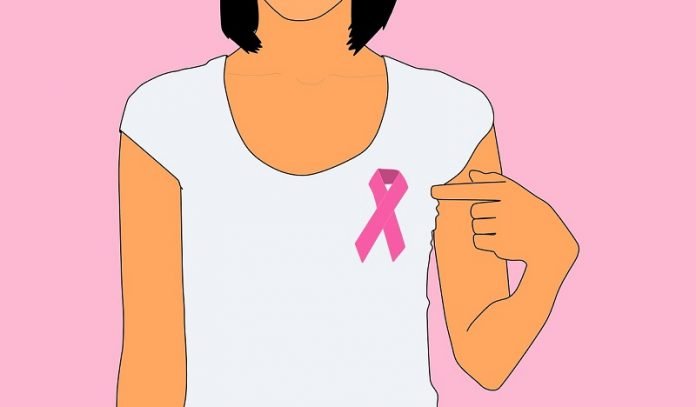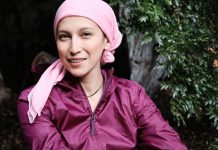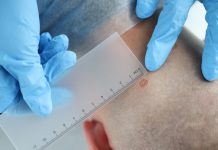
Breast cancer is cancer that forms in the cells of the breasts. It is the most common cancer diagnosed in women in the U.S. after skin cancer.
Many risk factors for breast cancer are related to lifestyle habits, such as unhealthy diets, alcohol, and sedentary behaviors.
There are seven things that could contribute to breast cancer. Every woman should know them and try to reduce their risk.
Obesity or being overweight
Being overweight or obese may increase breast cancer risk in older women.
Before menopause, the ovaries make most of your estrogen and fat tissue makes only a small amount.
However, after menopause (when the ovaries stop making estrogen), most of a woman’s estrogen comes from fat tissue.
This could raise estrogen levels and increase the risk of developing breast cancer.
Older overweight women also may have higher blood insulin levels, which have been linked to some cancers, including breast cancer.
Alcohol drinking
Drinking alcohol is clearly linked to a higher risk of developing breast cancer. In addition, the risk increases with the amount of alcohol consumed.
Compared with non-drinkers, women who have one alcoholic drink every day have a small increase in risk.
But women who have 2 to 5 drinks daily have about 1½ times the risk of women who don’t drink alcohol. E
The American Cancer Society suggests that women should have no more than 1 alcoholic drink a day.
Sedentary lifestyle
Research has shown that physical activity could help reduce breast cancer risk.
One study from the Women’s Health Initiative showed as little as 1¼ to 2½ hours per week of brisk walking could reduce a woman’s risk by 18%.
The American Cancer Society suggests that people get at least 150 minutes of moderate intensity or 75 minutes of vigorous intensity activity each week. This may help cut cancer risk, including breast cancer risk.
Not having children or never being pregnant
Research has shown that women who have not had children or who had their first child after age 30 may have a slightly higher breast cancer risk.
On the contrary, having many pregnancies and becoming pregnant at an early age may reduce breast cancer risk.
However, the influence of pregnancy on different types of breast cancer is hard to examine. More research is needed.
No breastfeeding
Some studies found that breastfeeding may slightly lower breast cancer risk, especially if it’s continued for 1½ to 2 years.
But this effect is hard to study in the U.S. because many women stop breastfeeding before the baby grows to 1 year old.
It is possible that breastfeeding reduces a woman’s total number of lifetime menstrual cycles.
Using birth control
Studies have shown that women using oral contraceptives (birth control pills) have a slightly higher risk of breast cancer than women who have never used them.
A recent study examined how birth control shot may influence breast cancer risk. It showed that women currently using birth-control shots seem to have an increase in breast cancer risk.
But it seems that there is no higher risk in women 5 years after they stop getting the shots.
For birth control implant, IUD, skin patch and vaginal ring, recent research has shown that these birth control tools also use hormones that could fuel breast cancer growth.
Hormone therapy with estrogen
This type of therapy has been used to help relieve symptoms of menopause and help prevent osteoporosis (thinning of the bones). This therapy is linked to a higher risk of breast cancer.
Copyright © 2019 Knowridge Science Report. All rights reserved.



